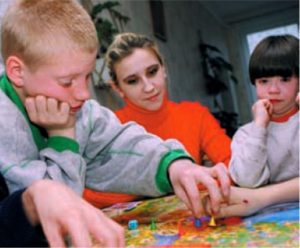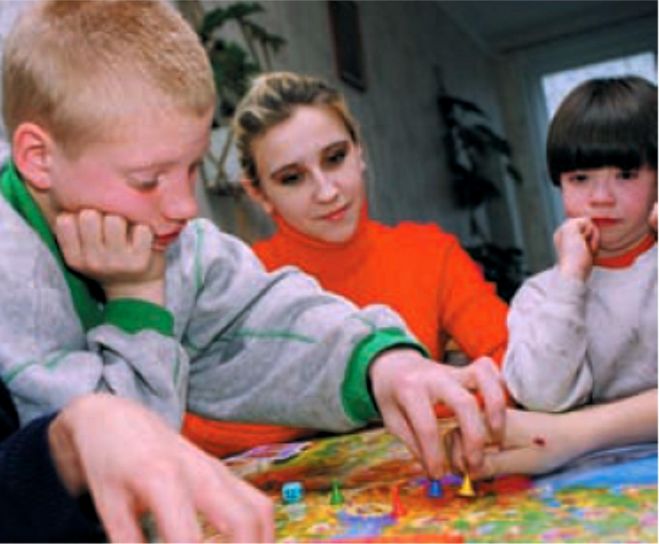 There are hundreds of children in foster care in Shasta County. These children have ended up in the foster care system for a variety of reasons and are in desperate need of loving and caring homes that can provide a safe and stable experience for them. Many people consider fostering, but they feel inadequate, nervous, or overwhelmed often due to misconceptions about foster children and fears of mental health problems.
There are hundreds of children in foster care in Shasta County. These children have ended up in the foster care system for a variety of reasons and are in desperate need of loving and caring homes that can provide a safe and stable experience for them. Many people consider fostering, but they feel inadequate, nervous, or overwhelmed often due to misconceptions about foster children and fears of mental health problems.
Who is a Foster Child?
Children enter foster care at all ages for many reasons. Contrary to what many people think, many foster children are not in the system for most of their childhood, never to see their parents again. A recent report by the Child Welfare Information Gateway shows that the median age of children in foster care is 8.2 years old. At the time of the report, 42 percent of foster children nationwide were white, 24 percent were African American, 22 percent were Hispanic, 9 percent were multiracial or other races, and 3 percent were unable to be determined. 52 percent were male, and 48 percent were female. The median amount of time spent in the system was 13.5 months. Of the children who exited foster system in that year, 51 percent were reunited with their parents or permanent caretaker, and 21 percent were adopted. The remainder were either emancipated, went to live with other relatives, or had other outcomes.
Mental Health of Foster Children
When children grow up without a safe and loving home, there can be a significant impact on their emotional health, their ability to learn, and their interpersonal skills. These problems can seem daunting for a prospective foster family, and many people shy away from foster care in Shasta County for this reason. However, the 2013 National Survey of Adoptive Parents showed that while foster children had higher rates of mental illness than the national average, the gap is not as drastic as many people suspect. 26 percent of foster/adopted children were diagnosed with ADHD compared with the 10 percent national average, 15 percent were diagnosed with behavior problems versus the 4 percent average, and 14 percent with social problems versus the 9 percent average. However, 88 percent of foster/adopted children over the age of 6 exhibit positive social behaviors compared with the average of 94 percent. Foster parents need to be prepared for these social and behavioral issues, but these statistics show they are nothing to be afraid of.
Available Resources
Many resources are available to assist foster parents in encouraging the healthy social and emotional development of the children in their care. Prospective foster parents must participate in a comprehensive training program that will help them better understand the unique aspects of the foster experience. Almost all foster children receive a Medi-Cal card which covers mental health care. Lastly, all children are assigned a social worker who works closely with the family and can provide the proper resources quickly and effectively.
Being a foster parent is no easy task, but a loving and supportive family can make all the difference in the life of a child in foster care in Shasta County. The value of a stable home during a time of crisis in a child’s life is immeasurable. If you are interested in learning more about how you can be a positive force in the life of a child, please contact Children First.
Author: Children First FFA
Published: February 5, 2016




